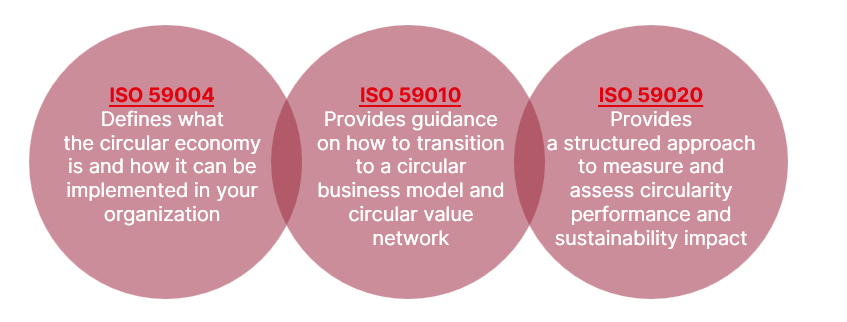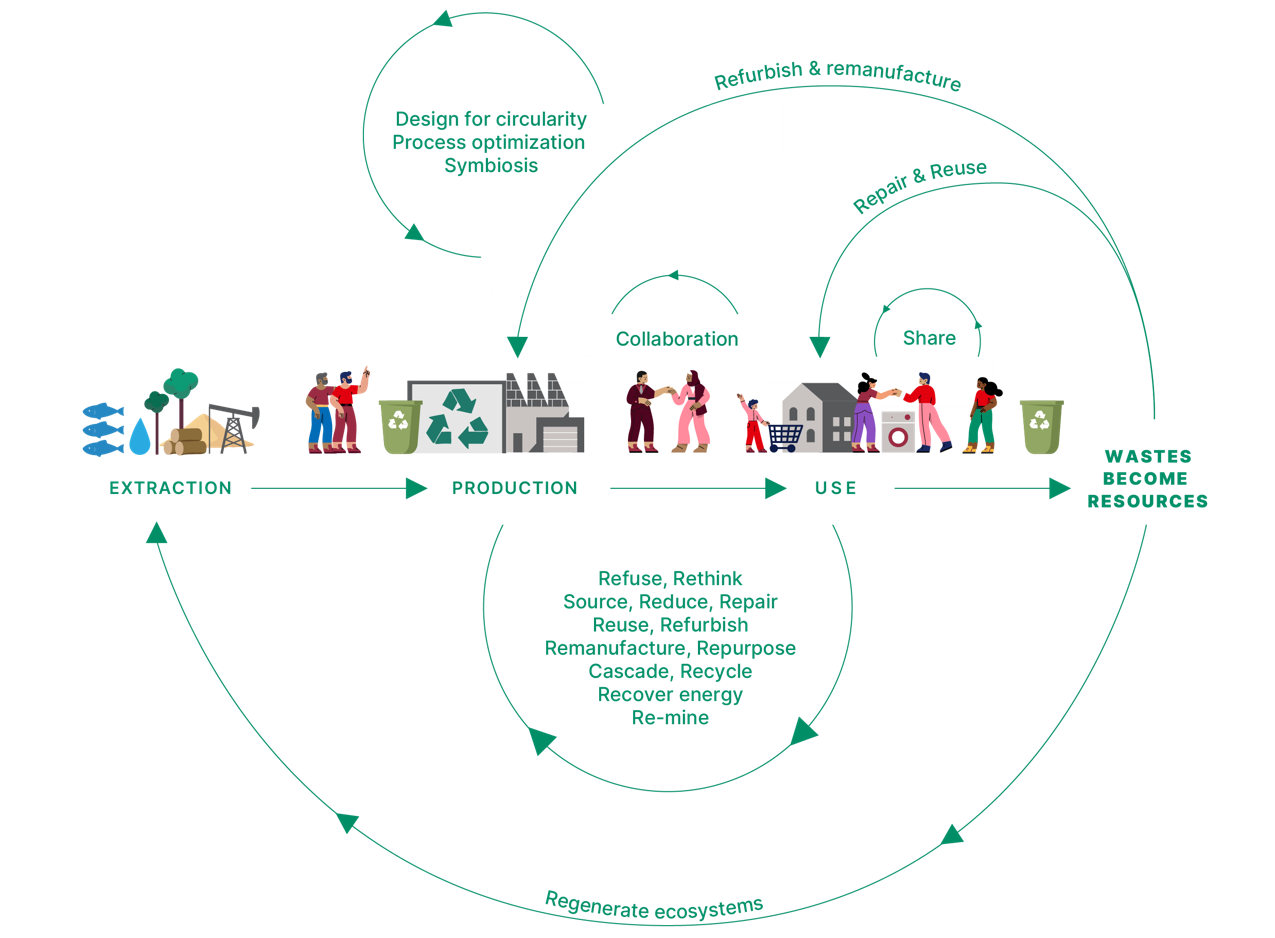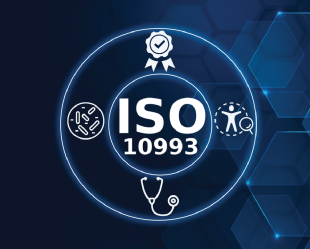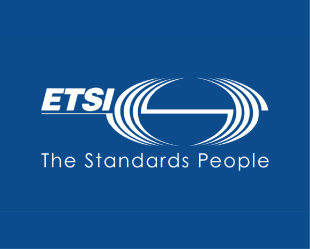ISO – the International Organisation for Standardisation - launched three transformative standards (ISO 59004, ISO 59010, and ISO 59020) to guide a shift towards a circular economy. These standards provide a roadmap to sustainable business practices and a resilient global economy.

The suite of circular economy standards from ISO helps guide organisations of all types and sizes in the shift towards a circular economy model that emphasises the sustainable management and renewal of natural resources.
- The transition to a more sustainable use of resources is facilitated by ISO 59004, which establishes the principles of a circular economy, provides guidance for its implementation and defines key terminology.
- Organisations seeking to replace their traditional linear business model with a circular one can find guidance in ISO 59010, enabling them to contribute to sustainable business practices and a resilient global economy.
- Measuring and assessing circularity performance using the framework specified in ISO 59020 allows organisations to minimise resource use and drive sustainable development.

These standards provide a common understanding of vocabulary, principles, implementation, business models, value networks, measurement and assessment – all that is needed to act now.
75 national standards bodies from across the globe, including many developing countries, actively participate in ISO/TC 323, the technical committee for circular economy which produced these standards. NSAI participates in ISO/TC 323 and technical experts from Ireland are active members of the associated working groups.
[Disclaimer: All reasonable effort was made to ensure that the information on this page was correct at the time of publication. Any views or opinions expressed on this page are not necessarily those of NSAI. NSAI accepts no responsibility or liability howsoever arising from the contents of this publication or any errors, inaccuracies, or omissions in the contents of the information provided therein.]



